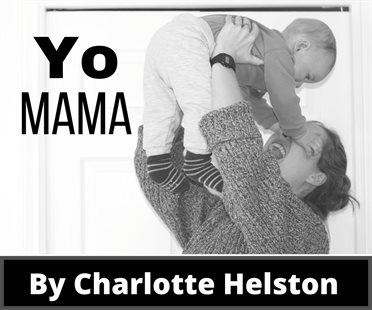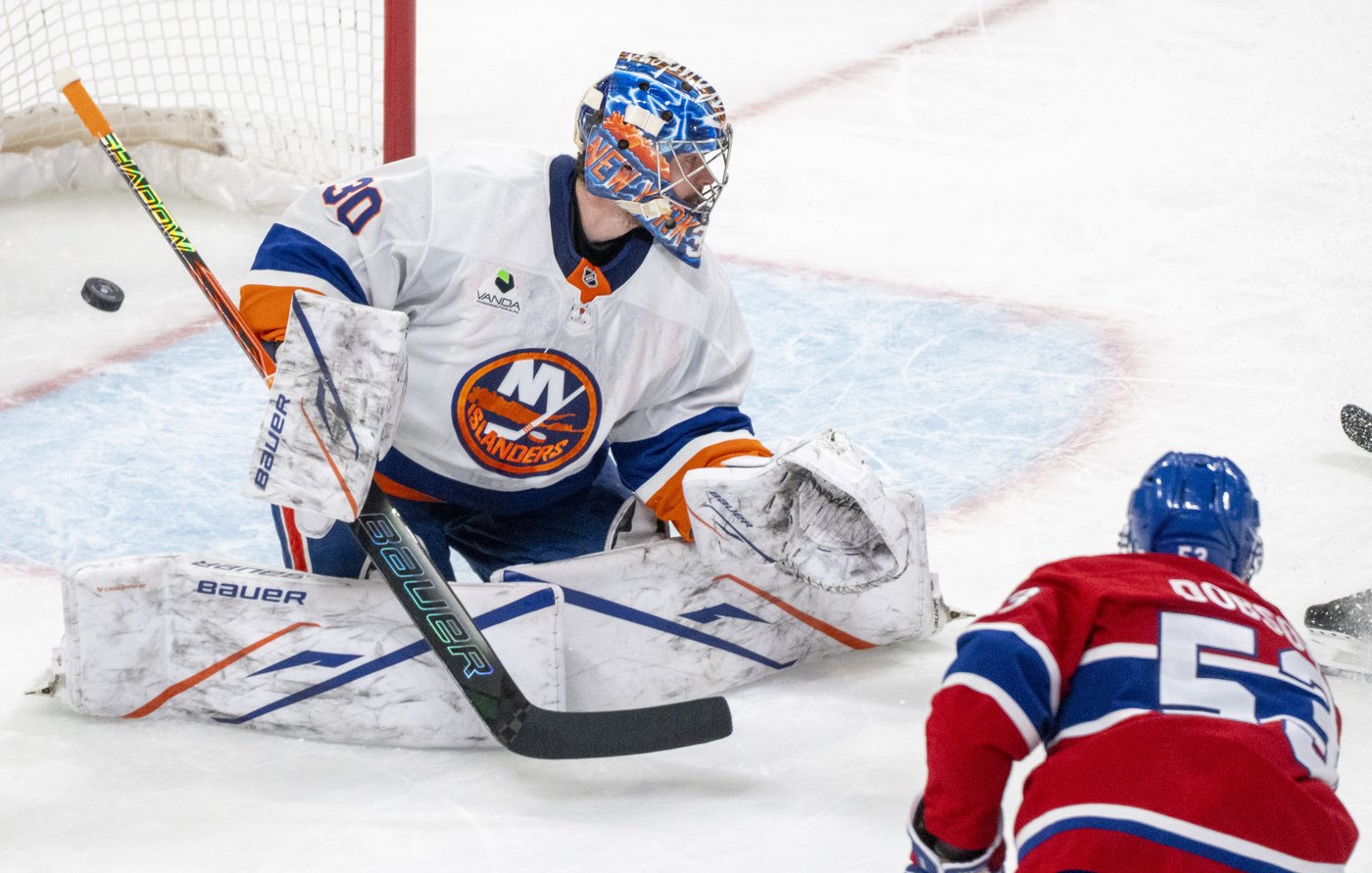YO MAMA: I’ll have peeta putta and jam any day
“Me scoopa no vroom vroom, scoopa hitchy wee-oooh-weee-oooh.”
I chuckled from the kitchen as I listened to my two-year-old trying to explain something to his auntie in the other room.
“I didn’t quite catch that,” she said politely. “Can you repeat it, more slowly?”
“Me scoopa no vroom vroom, scoopa hitchy wee-oooh-weee-oooh,” he said matter-of-factly.
I knew exactly what he meant.
“Do you need a translator?” I called.
I explained that ‘scoopa’ was the bucket attachment from a LEGO tractor set. He was trying to tell her that he had moved the bucket from the “vroom vroom” AKA tractor and hitched it up to the ‘wee-oooh-weee-oooh’ AKA fire truck in the set. He was constantly taking his toy vehicles apart and rearranging them as new hybridized machines. Out of context, I could see how it might be confusing.
We remarked upon how neat it is that toddlers develop their own language in the early years. It’s often a very particular dialect that only parents can decipher. Some of my friends’ children, for example, I can’t understand at all.
To be honest, I’ve never been good at understanding young children, and was worried I wouldn’t be able to understand my own. But I do — for the most part.
His babbling and made up words intermingle with more polished terminology in a jumble of ‘toddlerese’ that I mostly understand. According to KidsHealth.org, parents should understand about 50 per cent of their children’s speech at two years, and 75 per cent by three years. That leaves a lot of room for things to get lost in translation, which can be both incredibly frustrating, and incredibly hilarious.
For example, my son loves “peeta putta and jam samiches” with a glass of “mimi.” I love how he says it almost as much as I love the smear of blackberry jam on his pudgy cheeks.
When I write a grocery list, I can’t help but write “peeta putta” instead of peanut butter. It’s just such a fun word. Meanwhile, his Disney-themed pull-ups are all the rage because “Mickah Macka” is on them and ‘gosas’ (gophers) are the coolest animals. He cuts up bananas with a “choppy” (butter knife) and always asks for one more song before "seepy time."
Obviously, I want him to grow up and say milk and peanut butter like everybody else one day — just not today. I want to watch him play around with sounds and language for as long as I can before the self-consciousness and conformity of age kicks in.
The official recommendation is to always repeat words back to your toddler with the correct pronunciation, and for the most part, we do. But there are definitely a handful of terms our son has coined that have been added to our family lexicon for life. They just stick. A friend recently admitted that she still calls her jackets “gee-gees”. For our family, it’s peeta putta and Mickah Macka. For others, it will be something completely unique and special.
As his language develops, our son has also come up with some rather inventive phrases.
For instance, nests are known as “bird forts” and shelves are “book chairs.” It’s poetic and beautiful and so unexpected.
I recently chatted with a boy’s grandmother at a local playgroup and she recalled that the first time her son threw up at age two he exclaimed that he “spilled out of his mouth.” How creative and wonderful — aside from the vomiting part.
Despite their limited vocabulary, toddlers are actually very articulate. You just have to listen, be patient and know the basics of toddlerese. And remember, when they talk too fast, just smile and nod. They’re saying something, you just might not know what it is yet.
— Charlotte Helston gave birth to her first child, a rambunctious little boy, in the spring of 2021. Yo Mama is her weekly reflection on the wild, exhilarating, beautiful, messy, awe-inspiring journey of parenthood.
We welcome your comments and opinions on our stories but play nice. We won't censor or delete comments unless they contain off-topic statements or links, unnecessary vulgarity, false facts, spam or obviously fake profiles. If you have any concerns about what you see in comments, email the editor.





